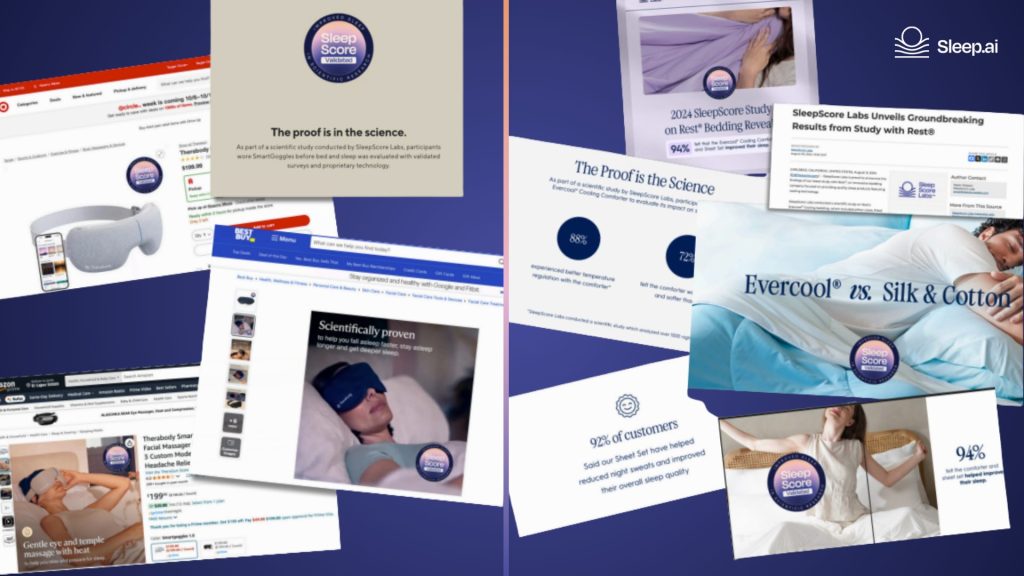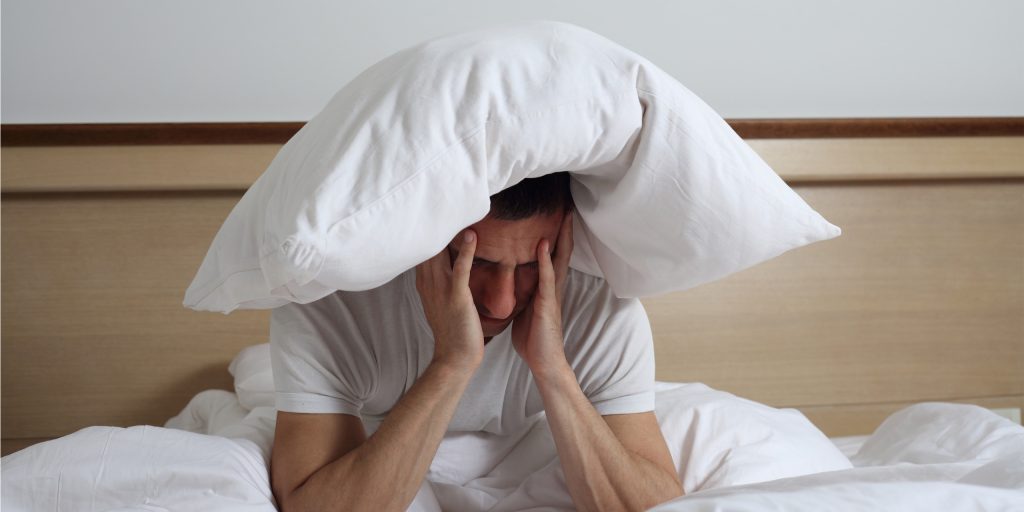
Blog
Validation Marketing: Why Your Study Should Be Your Strongest Sales Asset
When brands invest in scientific validation, they often focus on the study itself: the methodology, the metrics, the seal. But…
Introducing SleepScore
We deliver accurate data, actionable insights, personalized coaching and proven outcomes your customers need.
Sleep Insights
Last Published on 4th June 2018 by SleepScore Labs

After a long day at the office, most feel the need to relax. Often times, it’s easy to grab a bottle of your favorite après beverage to blow off steam and relieve the day’s tensions. And while the occasional urge to imbibe is normal, making it a daily habit can be disruptive to your health and well being. Drinking can also negatively impact sleep as the alcohol in your blood interrupts and compromises the recovery effects of your sleep cycle.
While alcohol can make you feel you drowsy initially, the quality that drunken slumber provides is not very productive. Delta Pattern brain activity slows down, decreasing the effectiveness of memory and learning formation. At the same time, Alpha Pattern brain activity speeds up, which normally does not occur during sleep. Combined, these competing brain activities inhibit quality sleep.
Drinking can also lead to more frequent awakenings in the middle of the night because the alcohol blocks chemical receptors in the brain that would normally trigger sleepiness as well as being a diuretic, triggering more bathroom breaks. Alcohol also stimulates the production of Adenosine, which is a chemical associated with wakefulness. There’s even a link between alcohol and snoring, which could lead to disrupting your partner.
Worst of all, alcohol blocks REM sleep, considered the most impactful phase of the sleep cycle. REM sleep is known to be the optimal restorative portion of sleep. So drinkers often feel groggy and unrested even after a long night of ‘drunken’ slumber.
It’s generally a good idea to limit the quantity and frequency of drinking altogether, especially in the evenings before bedtime to ensure a good night’s rest. To that end, here are a few alternatives to reaching for the bottle when you’re trying to relax.